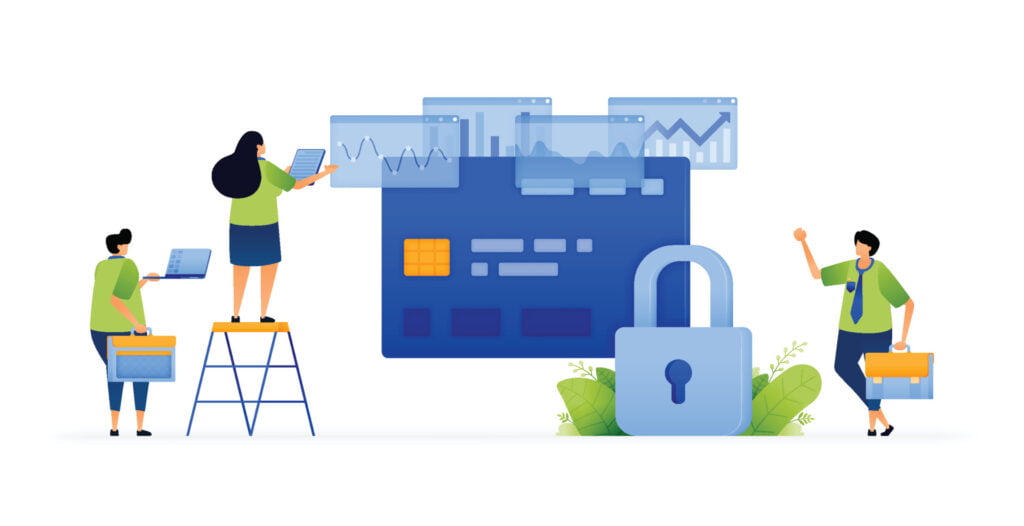
In today’s digital landscape, ensuring the security of your website is paramount to safeguarding sensitive data and building trust with your audience. With cyber threats on the rise, implementing robust security measures is essential for protecting your website from malicious attacks and preserving your reputation. Let’s explore some best practices to fortify your website security and instill confidence in your visitors.
Implementing SSL Encryption | Website Security
Secure Sockets Layer (SSL) encryption is a fundamental security measure that encrypts data transmitted between a user’s browser and your website’s server, ensuring that sensitive information remains confidential. By installing an SSL certificate, you establish a secure connection and display the padlock icon in the browser address bar, signaling to visitors that their data is protected. Additionally, search engines prioritize SSL-enabled websites in search results, enhancing visibility and trustworthiness.
Keeping Software and Plugins Updated
Regularly updating your website’s software, content management system (CMS), and plugins is crucial for addressing security vulnerabilities and patching potential entry points for cyber attackers. Many security breaches occur due to outdated software versions, making it imperative to stay vigilant and install updates promptly. Enable automatic updates whenever possible and conduct regular security audits to identify and mitigate any vulnerabilities proactively.
Enforcing Strong Password Policies | Website Security
Weak passwords pose a significant security risk, providing cybercriminals with an easy entry point to your website’s backend systems. Enforce strong password policies for user accounts, requiring a combination of uppercase and lowercase letters, numbers, and special characters. Encourage regular password changes and implement multi-factor authentication (MFA) to add an extra layer of security, mitigating the risk of unauthorized access even if passwords are compromised.
Conducting Regular Backups
In the event of a security breach or data loss incident, having up-to-date backups is essential for restoring your website and minimizing downtime. Implement a robust backup strategy that includes regular backups of both website files and databases, storing copies in secure off-site locations or cloud-based services. Test your backup restoration process periodically to ensure its effectiveness and reliability, providing peace of mind in the face of unforeseen circumstances.
Securing Web Forms and User Input
Web forms are a common target for cyber attacks, as they often collect sensitive information such as contact details, payment information, and login credentials. Implement measures to secure web forms and user input, such as input validation, CAPTCHA challenges, and encryption of data transmitted via HTTPS. Additionally, employ security measures such as web application firewalls (WAFs) to detect and prevent malicious input and mitigate the risk of data breaches.
Educating Users About Security Risks | Website Security
Empowering users with knowledge about common security risks and best practices is essential for maintaining a secure online environment. Provide resources, such as security awareness training, articles, and FAQs, to educate users about phishing scams, malware threats, and password hygiene. Encourage users to remain vigilant, report suspicious activity promptly, and take proactive steps to protect their personal information and devices.
Conclusion: Building a Secure and Trustworthy Website
In conclusion, prioritizing website security is critical for safeguarding against cyber threats and instilling trust with your audience. By implementing SSL encryption, keeping software and plugins updated, enforcing strong password policies, conducting regular backups, securing web forms and user input, and educating users about security risks, you can build a secure and trustworthy website that inspires confidence and loyalty.
So, whether you’re running a small business website, an e-commerce store, or a corporate portal, take proactive steps to strengthen your website security and protect sensitive data from cyber attackers. Invest in robust security measures, stay vigilant against emerging threats, and demonstrate your commitment to protecting your users’ privacy and security.







